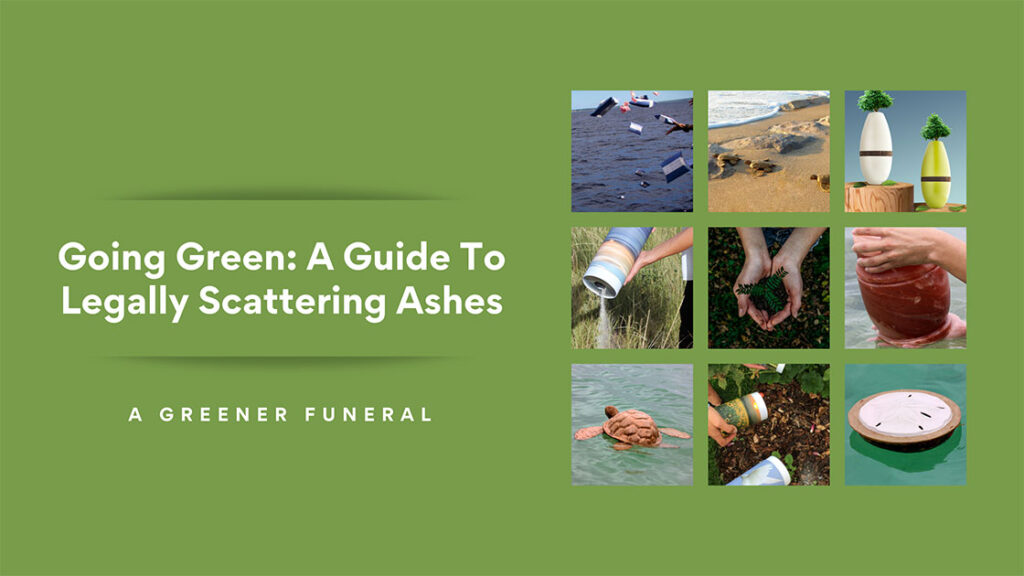What Are My Options for Legally Scattering My Loved One’s Ashes?
Going Green: A Guide To Legally Scattering Ashes
Scattering has become an increasingly popular option among those choosing how to say goodbye to a loved one. It allows families to lay their loved ones to rest in the places that they loved the most. However, people are often left with little information about where to legally do so. National parks, public land, and water destinations are great options for scattering cremated ashes, but don’t forget to check your state’s laws before heading to your loved one’s favorite spot.
National Parks
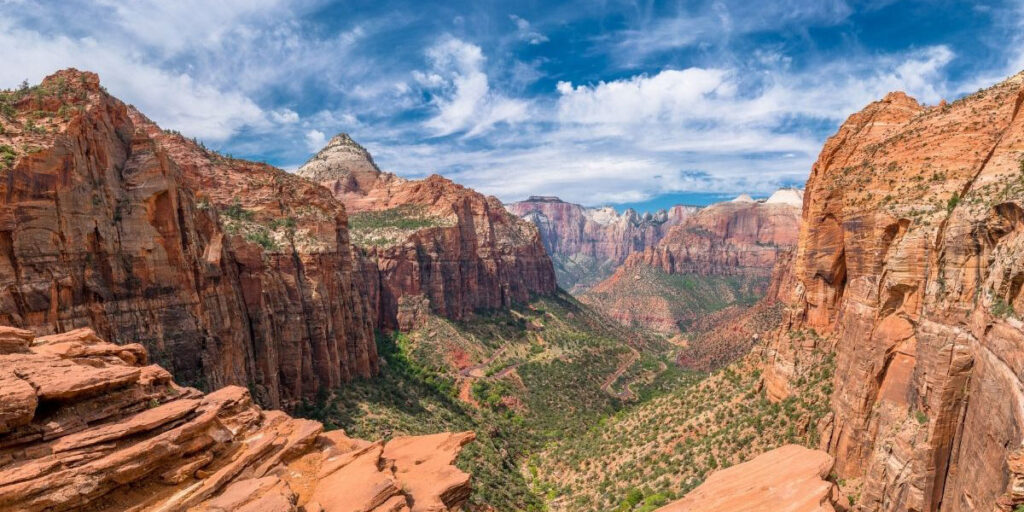
It’s crucial to check with a park ranger before scattering in a national park, but most US national parks are lax with their policies on scattering. Many national parks allow scattering as long as one obtains a special permit to do so. Yellowstone National Park, for example, one of the country’s most beautiful and popular parks, allows scattering with a permit. Other parks that allow scattering with a permit include Zion National Park, Rocky Mountain National Park, and Grand Teton National Park. In order to obtain this permit, begin by checking the park’s website, submit a permit application, and pay the fee. Unfortunately, scattering in most national forests is not permitted.
The Ocean
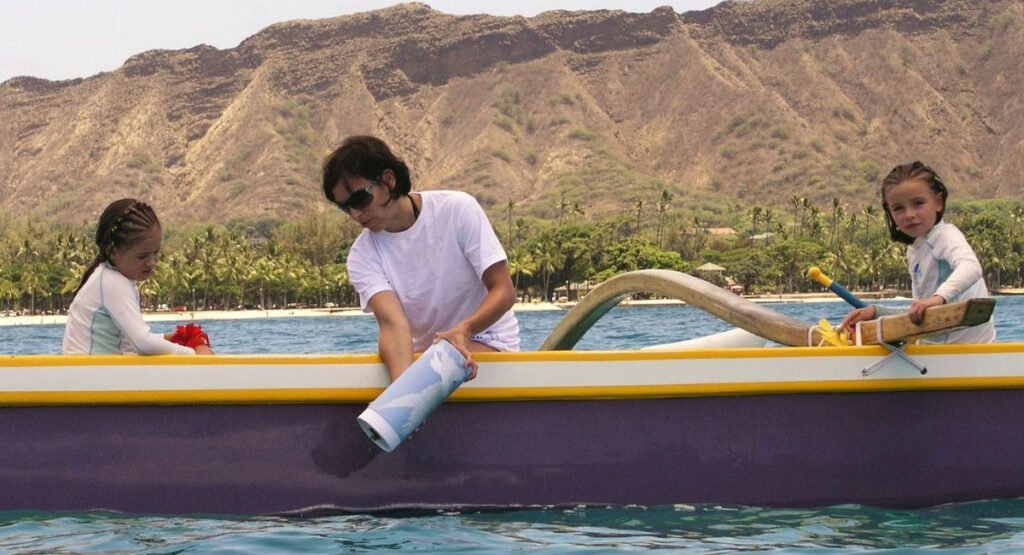
Sea burials are fully legal, however, there are guidelines that are crucial to follow when scattering in the ocean. For instance, it’s important to respect the environment and marine life when saying goodbye to a loved one. Green burial urns are available that are made of biodegradable materials such as sand, salt, and recycled paper. Passages International’s biodegradable water urns, for instance, are great options for sea burial. Their urns are fully biodegradable, non-toxic, and made of natural materials. There are also other regulations for sea burials. When saying goodbye at sea, any scattering generally must take place at least three nautical miles from the shoreline. The most popular way of scattering by sea is by boat, but scattering by plane is not uncommon either. Be sure to check your local laws and guidelines before scattering at sea.
Public Land
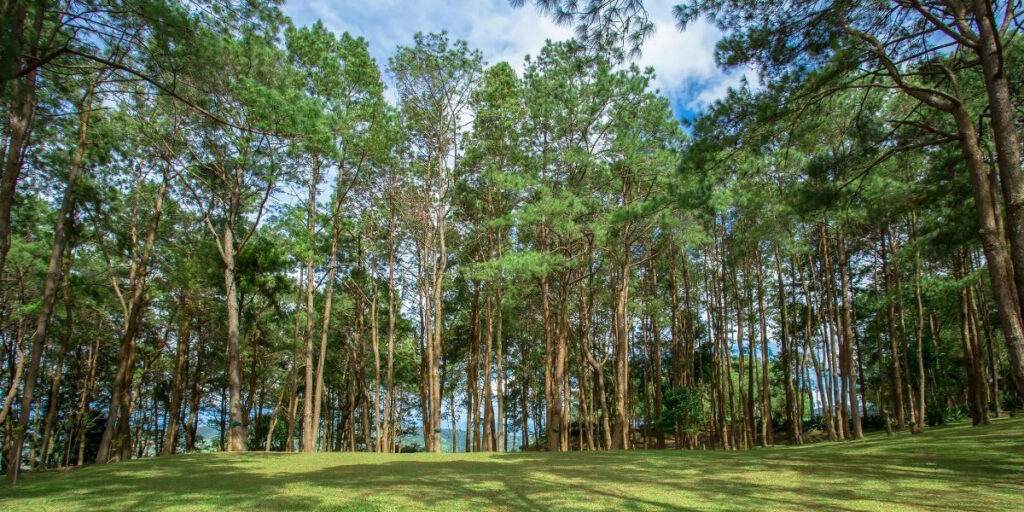
It’s often legal to scatter ashes on public land, but it’s crucial to ensure that the land you choose is neither privately owned, nor requires a permit of any kind. Always check with the state’s government that scattering in your desired location is, in fact, permitted as there is no universal rule regarding scattering on public land. Public land such as public undeveloped forests and beaches are popular options for ash scattering, but contact the city before doing so.
Rivers and Lakes
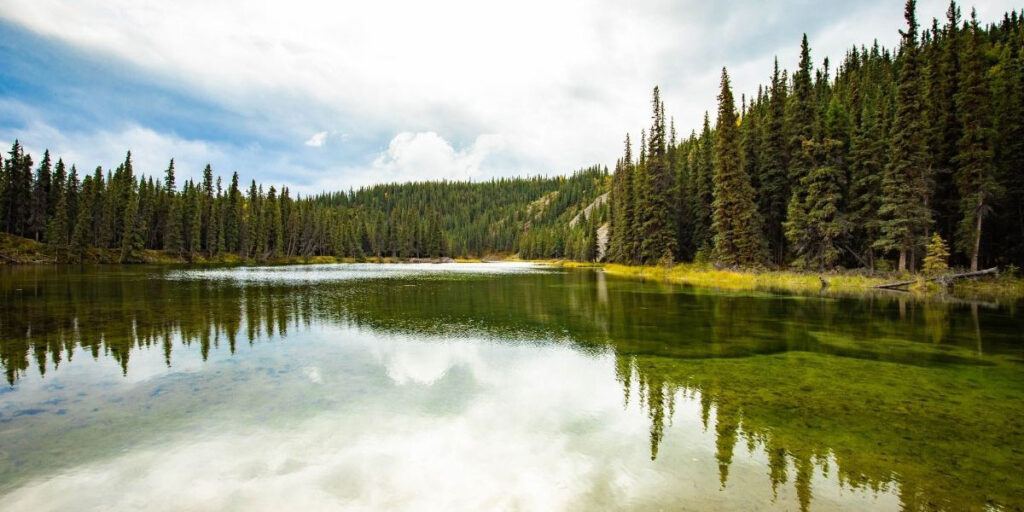
Rivers are beautiful spots for meaningful memorials, as they allow loved ones to travel through the places that they love the most. The Federal Clean Water act enforces guidelines on these rivers and lakes, which include obtaining a permit for water burials. So before heading out to your family’s favorite lake or river, check local laws, obtain the appropriate permit, and grab a biodegradable urn for green burial.
In Conclusion
According to the NFDA, more than half of Americans who have passed away opt to be cremated instead of buried. Many families turn to scattering to help them celebrate the lives of their loved ones in a way that is meaningful, affordable, and eco-friendly. Scattering is far from a traditional funeral practice, yes, but it gives families the opportunity to put those they love to rest in the places that meant the most to them.

